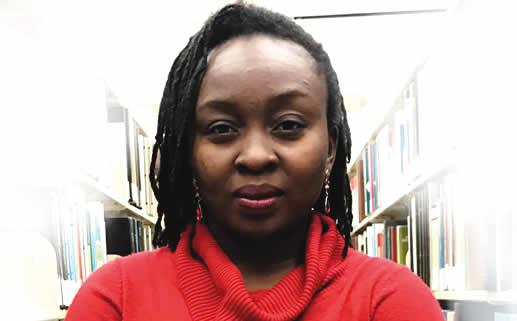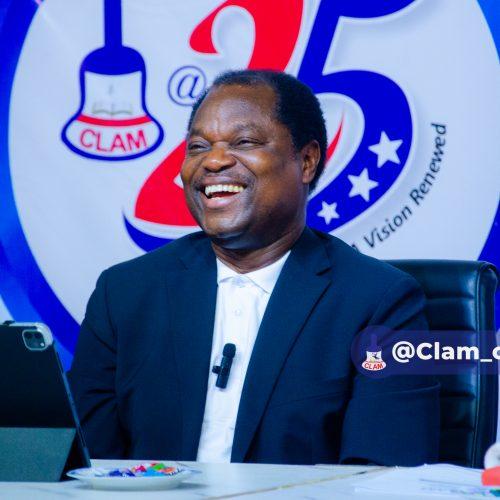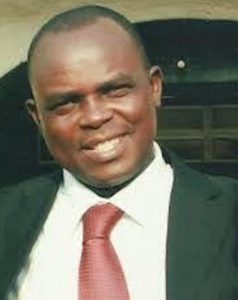This time eight years ago, Nigerians still basking in the euphoria of having a martinet president began to ascribe all kinds of wonderful happenstances to his body language. So excited were the supporters of former President Muhammadu Buhari about the country’s potential under him that they attributed some magicality to otherwise routine happenings. Civil servants resume work at 8 am as expected of them? It was Buhari’s body language that motivated them to their newfound sense of responsibility. Did the electricity company supply power for 18 hours a day instead of their habitual six hours? Yes, that must be Buhari’s body language generating more megawatts. You somehow managed to drive through Lagos without your entire day expended in the soul-crushing traffic? Thanks to Buhari’s body language, hallelujah!
While it lasted, Buhari’s body was like the shadow of Apostle Paul in the Bible. It cured the sick! So great was the illusion that a president’s mere body language can change the norms of a beleaguered nation that some clowns even campaigned that Buhari should be allowed to suspend the constitution just so that the constraints of democratic principles would not incommode his supposed quest to give Nigeria the much-needed moral renewal. Looking back at the abuse of power that characterised his tenure, one cannot but be grateful to those who never mortgaged their common sense to give Buhari any freer hand to operate. Imagine yielding to the shoddy thinking that reduced the creativity of leadership to the mystique of body language instead of the rational processes of policymaking, outcomes assessments, and regular revisions.
Bringing up this recent past is to remind us that, at the inaugural phase of a leadership era, people generally get frenzied on their expectations of a new beginning that every whiff of air that passes under their nostrils is taken as a fresh breath. For instance, it is only three weeks into a new era. Nobody has yet seen any material impact of his policies on anyone’s lives, but some brown nosers are already declaring Bola Tinubu to be the best president Nigeria has ever had. Like Buhari’s body language, another leader whose aura will solve problems is being deified.
It is also troubling how, due to the same euphoria, some economic decisions are being cheered on as necessary pain. They are passing off hard decisions as a matter of “suffer now, enjoy later” without considering enough that one must survive before enjoying Eldorado.
To an extent, there is a basis for the heightened expectations. Tinubu has managed to pull off certain economic decisions like the fuel subsidy removal that his predecessors could not push through. Previous governments, composed of unreconstructed welfarists and miseducated socialists, insisted on those policies even as they enervated the economy. The fuel subsidies not only failed to benefit people as promised, but also subjected them to emotional blackmail. Every failure of the government was blamed on the insistence of the already impoverished to consume cheap petrol. Tinubu took advantage of the transition phase of the government to make some of these changes.
Within the same block of time, they have also announced the removal of the subsidies on electricity tariff and their plans to introduce VAT on diesel. All these supposed harsh measures are coming in the wake of Nigerians’ survival of Buhari’s nightmarish years, including a misconceived naira redesign policy that declined their purchasing power. Tinubu also signed the Student Loan Bill, an indication that the cost of post-secondary education will shoot up. And who knows what is next. Is it that the government considers the patience of the impoverished infinitely elastic, or is there a deliberate tactic to push people off the edge?
Perhaps they do not know what it means to be poor. Last week, I wrote on how the provision of the Student Loan Bill demonstrates that the government’s indices for calibrating poverty are incoherent and faulty. They expect a person (or their family) to live on a paltry <N42,000 monthly to be considered poor enough for the loan. Yet, such a person is still expected to provide at least two guarantors “each of whom must either be a civil servant of at least level 12, a lawyer with at least 10 years post-call experience, or a judicial officer, or a justice of peace.” If you are that poor, it is also improbable you will have ready access to those people who will sign off your loans. The ideas being expressed through policies so far betray an inchoate understanding of what constitutes poverty in Nigeria. At the rate people are being stretched, they will be crushed before their poverty is cured.
We heard versions of “suffer now, enjoy later” under Buhari too. We truly suffered, yes, but did anyone eventually enjoy the promised benefits? Some of the Buhari policies we were told to quietly swallow so that everything good could come were ultimately reversed when they failed their mission. Those ideas that were vociferously defended by supposed analysts who insisted we have had it too good for so long had to be eventually dissolved without achieving much. We should not have to go through that all over again and within the same period too. Nigerians like to talk so much about how we do not learn from our history because the history curriculum has been withdrawn from schools. Yet, we have customarily repeated the same history that unfolded before their very eyes.

We should be savvier this time round. Instead of merely praising a government for making decisions that have yet to translate into a better life, we should be asking why we should suffer any more than we have done. The whole idea of “suffer now and enjoy later” has been the story of our Nigerian lives. Suffer is, in fact, what we have been doing all our Nigerian lives. That is why our religious houses are always full of people begging God—who has grown indifferent—to alleviate our suffering. There is hardly anyone of us whose Nigerian lives is not wrapped up in suffering and expectations of when it finally ends. Yet, hardly anything good ever comes from suffering. It does not always get better; people just get used to the conditions. Some even assume they are privy to some higher truth because they are in pain. Prolonged suffering could become the reality of life to the point that any slight deviation is attributed to some magical force. That is why those who refrigerators saw 18-hour electricity under Buhari quickly attributed it to the miracle of his body language.
People should not be cajoled into accepting suffering based on the expectation that some bright future has been lit at the end of the tunnel. What if one dies inside the tunnel? If there will be a positive end to this, we will have to demand it. The government should be made to communicate where this is leading. To what end is all the suffering? Interestingly, there has been more analysis of the effects of Tinubu’s policies done by social media influencers than communication from government strategists. There should be an idea of where all of these are going, the government’s own share of the sacrifices, and how to cushion the effects of its policies. By that, I do not mean sending the vice president to go and distribute another ten thousand naira per person in the marketplaces.
Even when all kinds of subsidies were in place, Nigeria was not altogether a pleasant experience. The country takes and takes from you, leaving you drained of all virtue. Taking subsidies away based on the myth of some future enjoyment is a tacit indictment that you—rather than a government that lacks imagination—are why the country is so dysfunctional.
Source: PUNCH


















